How many readers know the answer to the question, ‘After the Bible and Shakespeare, who is the biggest selling author of all time?’. And ‘no’ to all you millennials, it is not J.K. Rowling. Rather, and by quite a long way, it is a remarried divorcee woman who never went to university, but in her way was an out and out genius.
I refer, of course, to Agatha Christie, almost all of whose books I recently re-read. At her best, her plots are perfection. I still remember as a teenager first reading The Murder of Roger Akroyd and being stunned by the ending, the clues to which are fairly sprinkled throughout the story. Other classics by Ms Christie include Peril at End House, And Then There Were None (originally published with a far less PC title), and Murder on the Orient Express. And I confess to a real soft spot for her The Secret of Chimneys. Some readers will also know that the longest running play in London’s West End (by a few orders of magnitude) is Christie’s still-running The Mousetrap and that one of the great classic courtroom movies of all time, Witness for the Prosecution, is yet another Agatha Christie piece.
Of course the Christie catalogue is finite. When you look for other authors to read you find that women for some reason excel in this genre. Dorothy Sayers and her hero Lord Peter Wimsey is a must read. (And surprisingly, perhaps, Sayers is responsible for one of the best translations into English of Dante’s Divine Comedy – Sayers never being a happy whodunnit writer.) P.D. James is good too. The list goes on. But the contemporary sort of ‘character-driven’, ‘flawed hero’ crime novel is not really my cup of tea.
I don’t want to spend ten pages reading about the detective’s struggles with alcoholism (I’d rather just have a drink myself before all the pop psychology introspection drives me to it anyway) or slog through endless pages of exposition of ‘gritty realism’ about the bad parts of Glasgow.
If that makes my tastes low-brow, well so be it. Christie herself was regularly criticised for being low-brow. But, heck, the current US president, he of tomato ketchup on a well-done steak tastes, is as low-brow as they come. Judged by what he’s accomplished thus far, the low-brow option is working out pretty well. These days we can all see that plenty of high- brow preferences are rotten to the core – undemocratic, elitist in the ‘those who disagree with me are deplorable’ sense, scornful of patriotism, harder on Western civilisation than all the others with considerably fewer accomplishments.
But I digress. My point in bringing up Agatha Christie is that this past Christmas my kids bought me a copy of Anthony Horowitz’s New York Times bestseller Magpie Murders. I loved it, absolutely loved it. Horowitz himself has probably thought up more ways to kill people than anyone who’s not a mass-murdering dictator. After all, Horowitz has done many screenplays for Midsomer Murders; Foyle’s War was his, as was the massively big-selling, teenage market Alex Rider series. Horowitz has also been commissioned to write a couple of Sherlock Holmes books and one James Bond novel.
Magpie Murders is Horowitz’s tribute to Agatha Christie and Dorothy Sayers and the classic whodunnit. It’s pitch perfect. Well, in part it’s a pitch perfect old-fashioned Christie-like puzzle of a book set in the past with enough clues for you to work out who the killer is, and yet cleverly devious enough that you most likely won’t. But there’s another part to the book, which consists in a second, separate mystery. And that second part also contains some pearls of wisdom on the whodunnit genre itself. Basically, the book works on at least three planes and it’s not until, literally, the last page that everything gets tied up. And the reader says to him or herself ‘By God I wish I’d written that book. It was near on perfect.’
At least that’s what you’ll say if you, like me, like Agatha Christie’s books.
Let me put it no higher than this. Ms Christie herself would have loved this book. It’s a fitting tribute to the classic whodunnit.
Got something to add? Join the discussion and comment below.
Get 10 issues for just $10
Subscribe to The Spectator Australia today for the next 10 magazine issues, plus full online access, for just $10.
You might disagree with half of it, but you’ll enjoy reading all of it. Try your first month for free, then just $2 a week for the remainder of your first year.

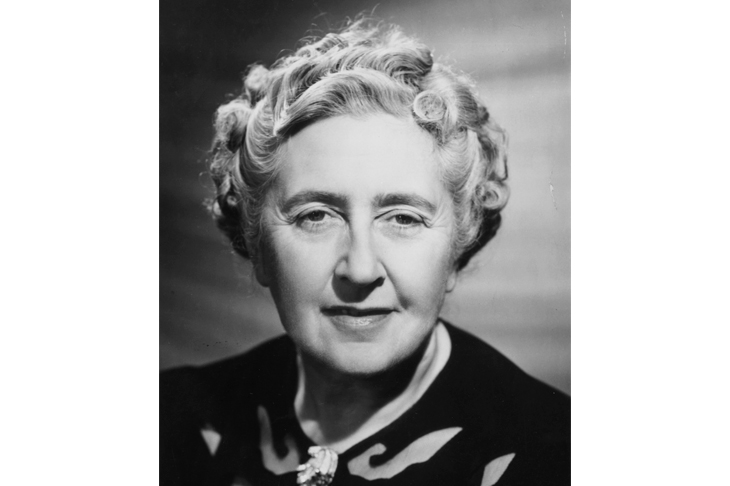

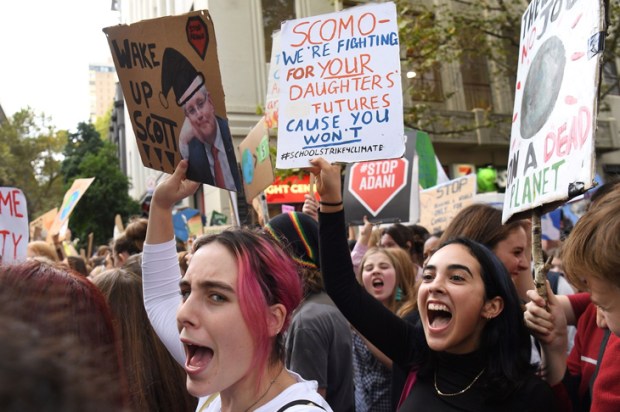

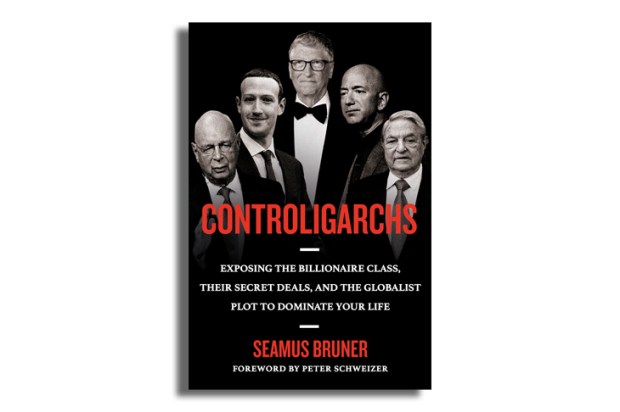
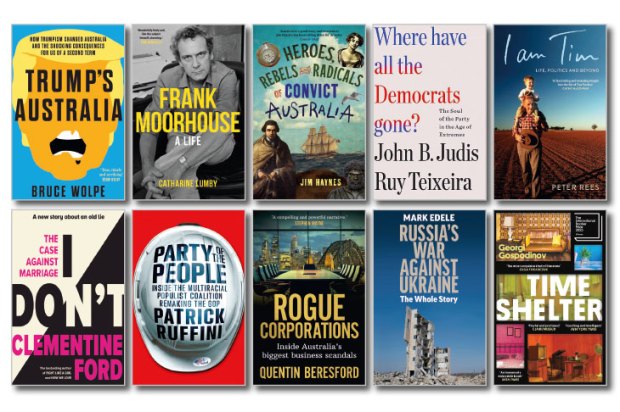
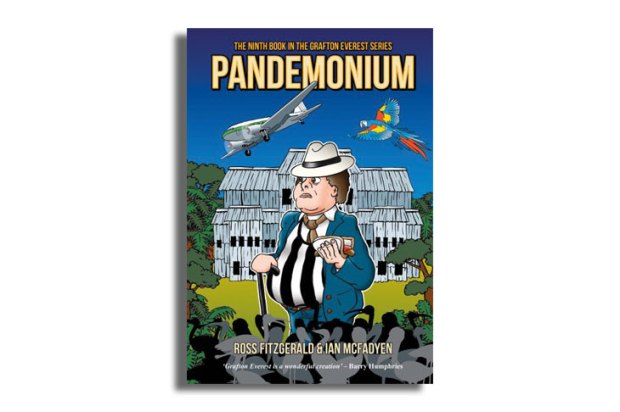






Comments
Don't miss out
Join the conversation with other Spectator Australia readers. Subscribe to leave a comment.
SUBSCRIBEAlready a subscriber? Log in